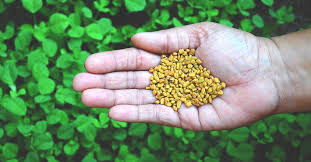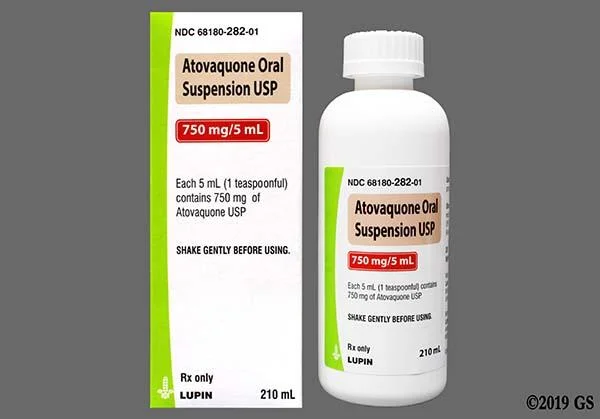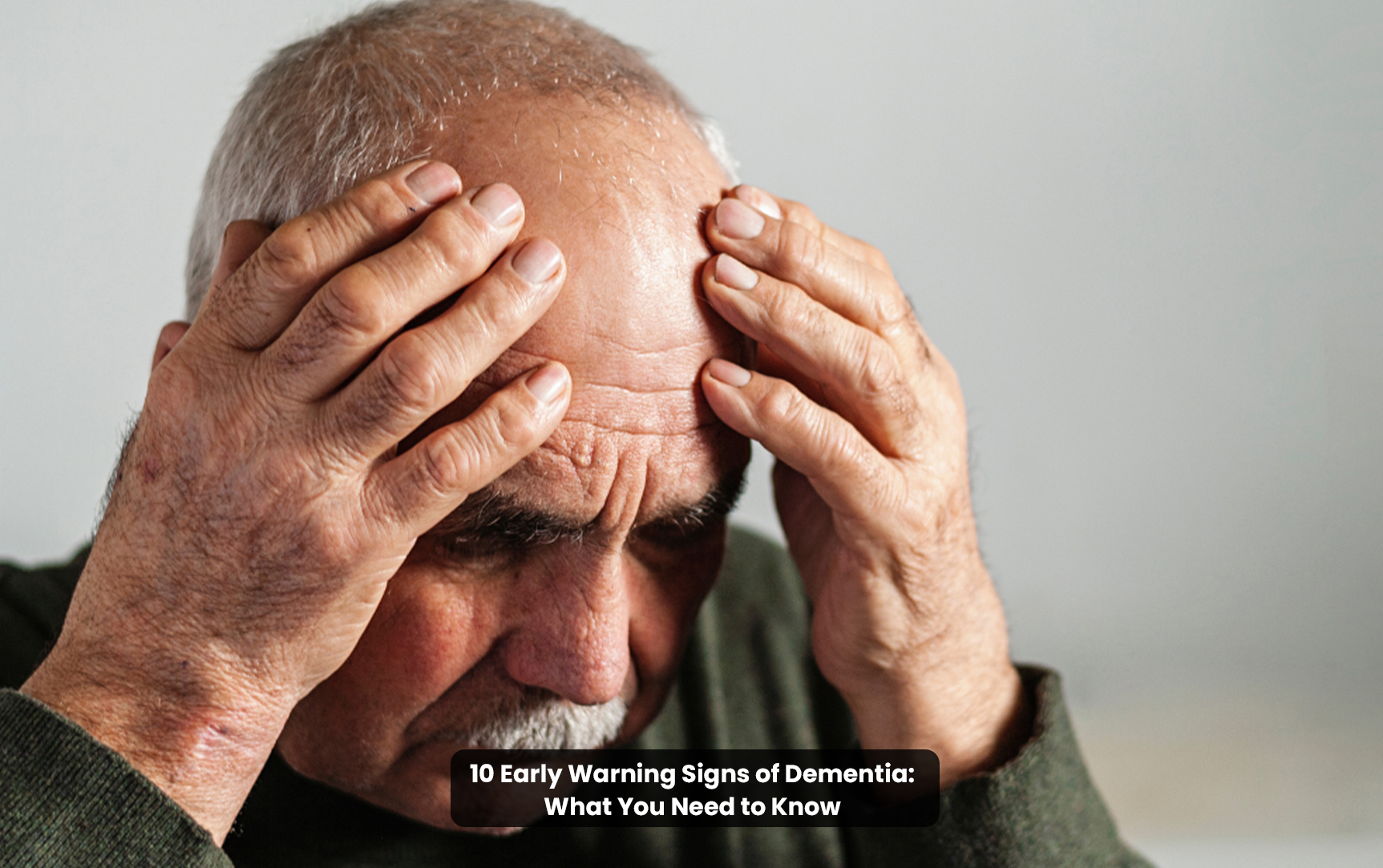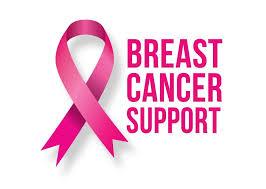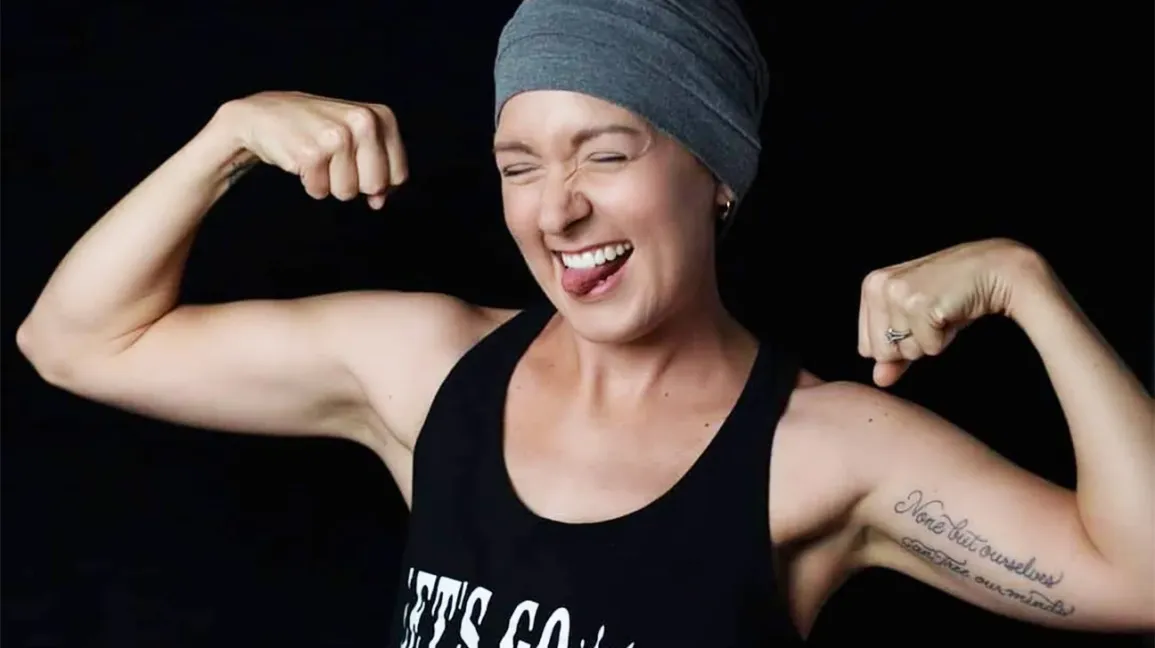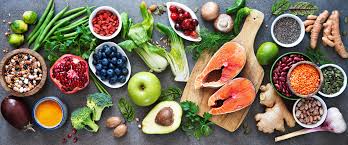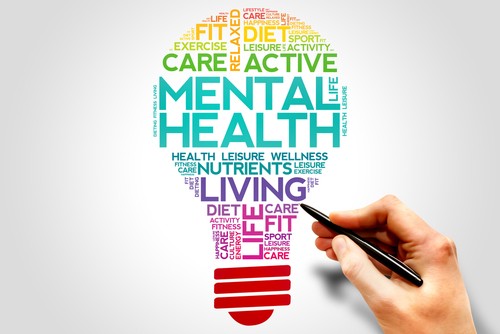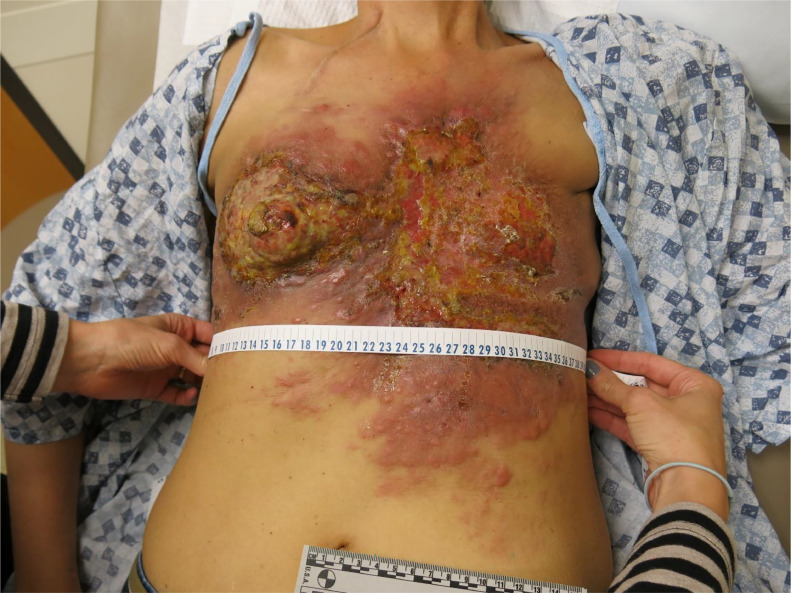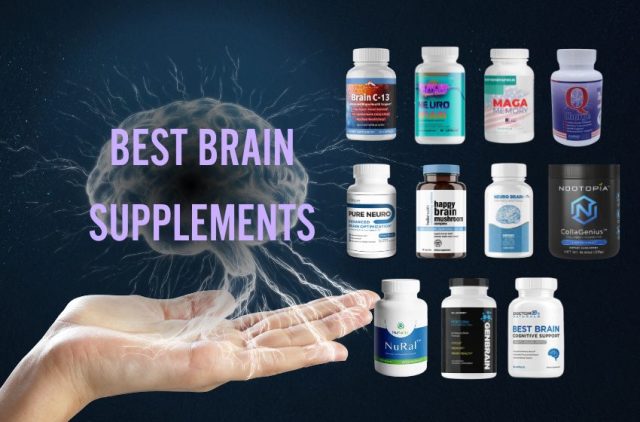Certain characteristics, such as age and sex allocated at birth, are out of our control when it comes to breast cancer. However, studies indicate that lifestyle factors, such as your diet, level of physical activity, and even alcohol consumption, can influence your total risk.
The good news? You can lessen your risk of breast cancer and, if you have already had it, the likelihood of a recurrence by making thoughtful changes to your food, weight, and daily routine.
This post will explore the relationship between nutrition and breast cancer risk, other lifestyle factors to think about, and easy, doable actions you can do to improve your health in the future.
How Diet Affects Breast Cancer Risk
You might be surprised to learn how important what you put on your plate is. A increased risk of several chronic diseases, including breast cancer, is associated with diets heavy in processed foods, sugary drinks, fried snacks, and refined grains.
The American Cancer Society states that the best way to lower the risk of cancer is to consume a plant-forward diet that is high in fruits, vegetables, legumes, and whole grains. It’s about your overall eating habits, not about stressing about certain nutrients.
Crucially important weight management is also supported by a nutritious diet. An elevated risk of breast cancer has been closely associated with being overweight or obese, especially after menopause.
👉 Quick tip: Think of your plate as a balance—half fruits and vegetables, one-quarter whole grains, and one-quarter lean proteins like beans, fish, or chicken.
Tips for Eating Toward Lower Breast Cancer Risk
Here are some practical ways to align your diet with cancer-protective habits:
- Practice mindful eating: Eat slowly, pause between bites, and stop when you’re about 80% full.
- Read food labels: “Low fat” doesn’t always mean healthy. Watch for hidden sugars and processed ingredients.
- Choose more whole foods: Prioritize fresh or frozen fruits and vegetables, whole grains, beans, and nuts.
- Go lean with protein: Opt for chicken, fish, or legumes instead of processed or red meats.
- Pick healthy fats: Choose sources like olive oil, nuts, and avocados, while limiting saturated and trans fats.
- Cut back on alcohol: Studies show even moderate alcohol consumption raises breast cancer risk by 30–50% (Breastcancer.org).
- Ditch sugary drinks: Swap sodas and energy drinks for water or unsweetened tea.
The Role of Exercise in Breast Cancer Prevention
Diet isn’t enough; exercise is also important.
At least 150 minutes of moderate exercise each week, such as brisk walking or cycling, or 75 minutes of strenuous activity, such as aerobics or running, are advised by the American Cancer Society. Start small if it seems too much to handle: park farther away, use the stairs, or take a break from prolonged sitting.
Intensity is not as crucial as consistency. Spending more time moving in ways you truly enjoy and less time sitting is the aim.
Other Lifestyle Factors Linked to Breast Cancer Risk
While diet and exercise play a major role, other lifestyle choices can also impact risk:
- Birth control pills: Long-term use may slightly increase breast cancer risk.
- Not having children or having them later in life: This may raise risk, though personal choice and medical factors vary.
- Not breastfeeding: Some studies suggest chestfeeding may lower breast cancer risk.
- Menopausal hormone therapy (MHT): Depending on dosage and type, it may raise or lower your risk.
- Smoking: Linked to many cancers, smoking is a preventable risk factor. Quitting is one of the best health choices you can make.
Key Takeaways
- A balanced diet rich in whole, plant-based foods and low in processed items helps lower cancer risk.
- Maintaining a moderate weight through both diet and exercise is critical for prevention.
- Limiting alcohol, sugar-sweetened drinks, and processed meats can make a significant difference.
- Beyond food, choices like not smoking, staying active, and discussing screening options with your doctor all matter.
Final Thoughts
Your everyday routines accumulate over time, but no one diet or exercise regimen may ensure protection against breast cancer. In addition to reducing your risk of breast cancer, leading a mindful lifestyle promotes general health, vitality, and longevity.
Discuss screening alternatives and preventative measures based on your medical history with your doctor if you’re worried about your personal risk.
For more resources, check out:
